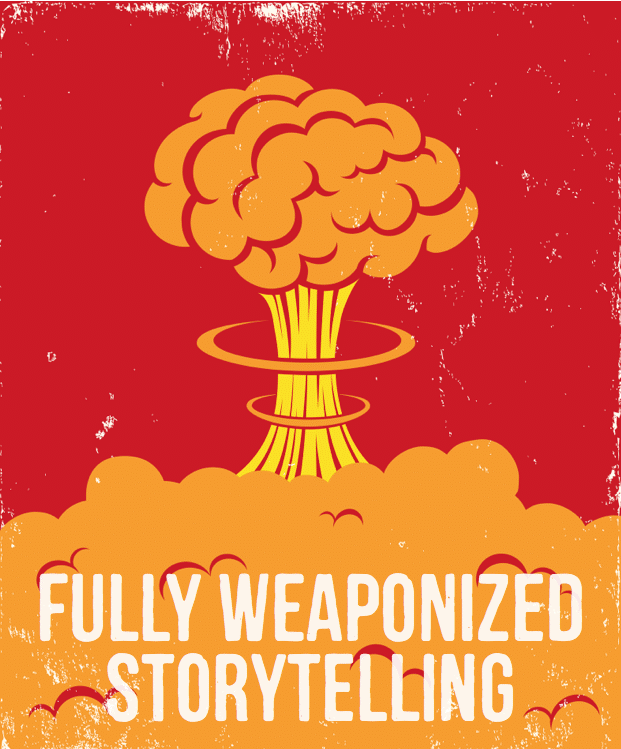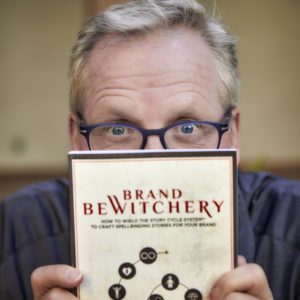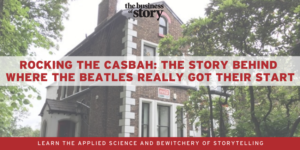What is the primary function of our brain?
Survival.
The oldest portion of our noggin – the brain stem – is our “Reptilian Brain.” It triggers our most basal instincts of fight or flight.
Survival!
Our inner brains began to evolve about 300 to 400 million years ago. We call this our limbic brain, which primarily handles emotion and memory. It’s easiest to remember the limbic brain’s function by the four “F’s” of SURVIVAL:
Feeding, fighting, fleeing and fornication (Sexual reproduction).
Emotions, one might argue, is what had us start connecting with our fellow Neanderthals and begin forming packs and socializing. Why?
Survival in numbers.
But our fight or flight mechanism and our emotional limbic system were not enough to guarantee our continued evolution. So our brains mushroomed some 200 million years ago creating the cerebral cortex where our reasoning and intellect function.
Now us homo sapiens can think our way out of trouble. Anticipate, strategize, organize and conquer.
Survival.
Did you know that your brain is ten times more likely to focus on a frowning face in a crowd than a happy one? That you’re more apt to base a decision on what you risk losing versus what you could gain? Or that you are more likely to tackle a challenge versus embracing an opportunity?
We are naturally focused on eradicating the bad before amplifying the good.
Survival.
Our brains are hardwired to absorb immediate stimuli, assemble patterns from the information it has gathered, hunt for meaning, and ultimately knit together a narrative in a split second to determine if the circumstance before us is life threatening.
So when we talk about sustainability, shouldn’t we really be talking about longevity? Sustainability is stasis. Longevity is survival of the being.
And to change behavior, why do we try to appeal to the intellect with uninspired presentations through low resolution mediums like powerpoint when we should really be igniting our primordial fires with stories that captivate us with universal truths that lead us to a better place?
Stories are in our DNA. They insure survival. They motivate people to change.
What’s your story?












